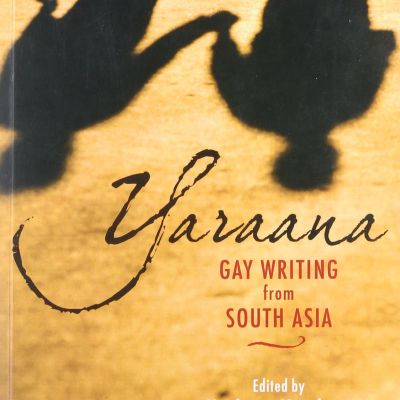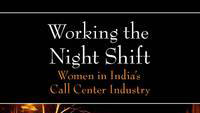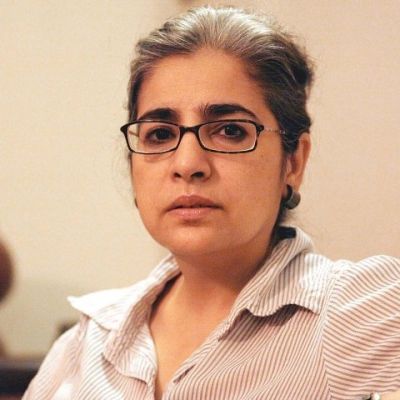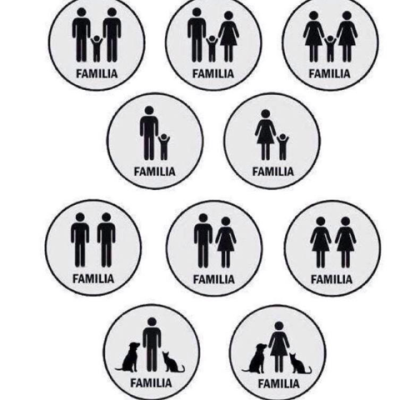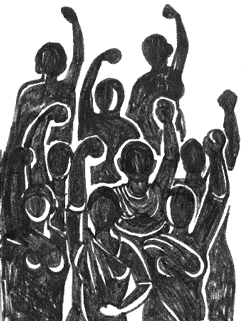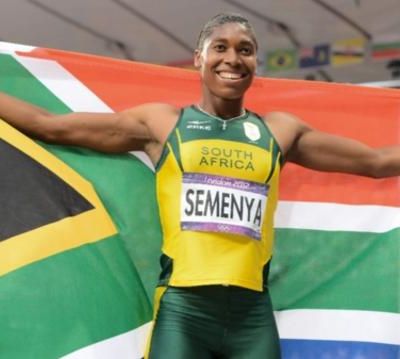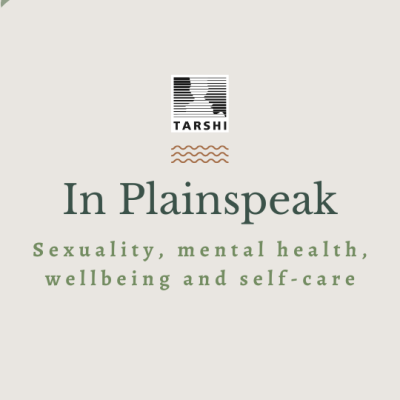Categories
Through our discomfort, shame, and often stubborn refusal to rise above heteronormativity, we unpacked a lot of these negative emotions by critically analysing texts that were neither the Kamasutra nor discourses such as Foucault’s on sexuality.
My discovery of erotic poems was, as they put it, ‘by chance’. A friend of mine had suggested a book…
There is no singular way of being queer or performing queerness. We are all products of converging and diverging histories and our queerness is shaped by forces tangible and intangible in the everyday.
Many among us are called names, are greeted with aggressive taunts and jeers on the very streets we boldly occupy at least once every year,so we go on living docilely until the next Pride, when performative reclamation of spaces becomes possible.
The book ‘Working the Night Shift: Women in India’s Call Center Industry’describes the different spatial and temporal conditions that are…
Dr Raj Persaud Consultant Psychiatrist Dr Jenny Bivona Clinical psychologist A team of psychologists led by a woman has uncovered some…
Relatively speaking, women, particularly upper-middle-class women, have greater legitimacy in the new privatized spaces of consumption like shopping malls and coffee shops than in public spaces like parks or promenades. However, these are far from uncontested spaces
[slideshow_deploy id=’2097′] Women’s issues are everyone’s issues for every day, not just for March 8.
Women on Waves sails to countries where abortion is illegal, at the invitation of local women’s organisations.
I love children and have at various times in my life flirted with the idea of adoption. But I have known since I was a child that I did not want to birth children. I have never been vague or ambivalent about this decision. I have been consistently clear and concise that this is not my calling.
It’s that time of the year again. Those 31 days during which we, the 49%, have a chance to be…
This post was originally published at Mail Online. The family and friends of the teenager who struck gold in the women’s…
All these works have made me acutely aware of how gender, sexuality, and religion, are so deeply intertwined in the social fabric. Also, how conditioning can significantly influence one’s understanding of literature, or the lack of it.

